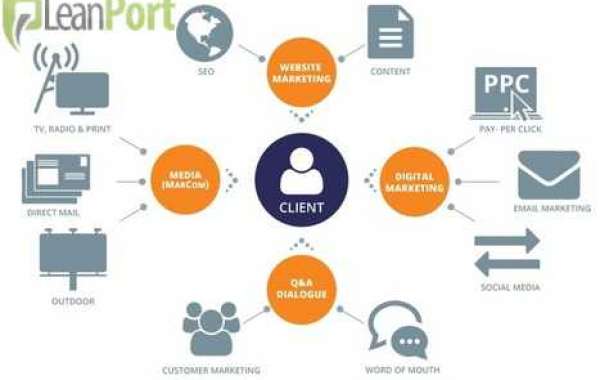Link building is a fundamental aspect of search engine optimization (SEO) aimed at improving a website's authority and ranking in search engine results pages (SERPs). However, when done incorrectly through spammy practices, it can have severe repercussions. This article explores what spammy link building entails, its risks, consequences, and the importance of black hat SEO practices.
Understanding Spammy Link Building
Spammy link building refers to the practice of acquiring backlinks to a website using manipulative and unethical methods that violate search engine guidelines. These links are often low-quality, irrelevant, or obtained through deceptive means solely to manipulate search engine rankings rather than provide genuine value to users.
Common Types of Spammy Link Building Practices
Paid Links:
- Purchasing links from unrelated or low-quality websites solely for the purpose of improving SEO rankings.
Link Farms and PBNs (Private Blog Networks):
- Creating networks of websites with the sole purpose of interlinking them to artificially inflate link popularity.
Comment Spam:
- Posting irrelevant or automated comments on blogs, forums, or websites with a link back to the target site.
Guest Posting Abuse:
- Guest posting solely for the purpose of obtaining backlinks, often on irrelevant or low-quality sites.
Link Exchange Schemes:
- Reciprocal linking arrangements where websites agree to link to each other, regardless of relevance or quality.
Risks and Consequences of Spammy Link Building
Penalties from Search Engines:
- Search engines like Google penalize websites engaged in spammy link building practices. Penalties can result in decreased rankings, removal from search results, or even complete deindexing from the search engine.
Damage to Online Reputation:
- Associating with spammy websites can tarnish a website's reputation and trustworthiness among users and other businesses.
Loss of Organic Traffic and Revenue:
- Decreased visibility in search results leads to reduced organic traffic, impacting potential leads, conversions, and revenue generation.
Wasted Resources and Efforts:
- Time and resources invested in spammy link building tactics are wasted and could have been better allocated to ethical SEO strategies that yield sustainable results.
Importance of Ethical SEO Practices
Quality over Quantity:
- Focus on acquiring high-quality backlinks from relevant and authoritative websites. Quality links contribute more positively to SEO efforts and user experience.
Natural Link Building:
- Earn links organically through valuable content creation, outreach, partnerships, and relationships within your industry.
Content-Centric Strategies:
- Create valuable, informative, and engaging content that naturally attracts backlinks from reputable sources.
Transparency and Compliance:
- Adhere to search engine guidelines and maintain transparency in all SEO practices. Avoid shortcuts that compromise long-term SEO success.
Steps to Build Ethical and Effective Links
Conduct Quality Research:
- Identify reputable websites and influencers within your industry for potential link opportunities.
Create Compelling Content:
- Produce high-quality content that addresses user needs, provides solutions, and establishes your expertise.
Build Relationships:
- Cultivate genuine relationships with industry peers, influencers, and bloggers who can naturally link to your content.
Monitor and Evaluate:
- Regularly monitor your spammy backlink profile using tools like Google Search Console and disavow any harmful or spammy links.
Conclusion
Spammy link building may promise quick SEO gains, but the risks far outweigh the benefits. Adopting ethical SEO practices not only safeguards your website from penalties but also builds credibility, enhances user trust, and ensures sustainable growth in search engine rankings. By focusing on quality content creation, natural link acquisition, and compliance with search engine guidelines, businesses can foster long-term success in the competitive digital landscape while contributing positively to the online community.








